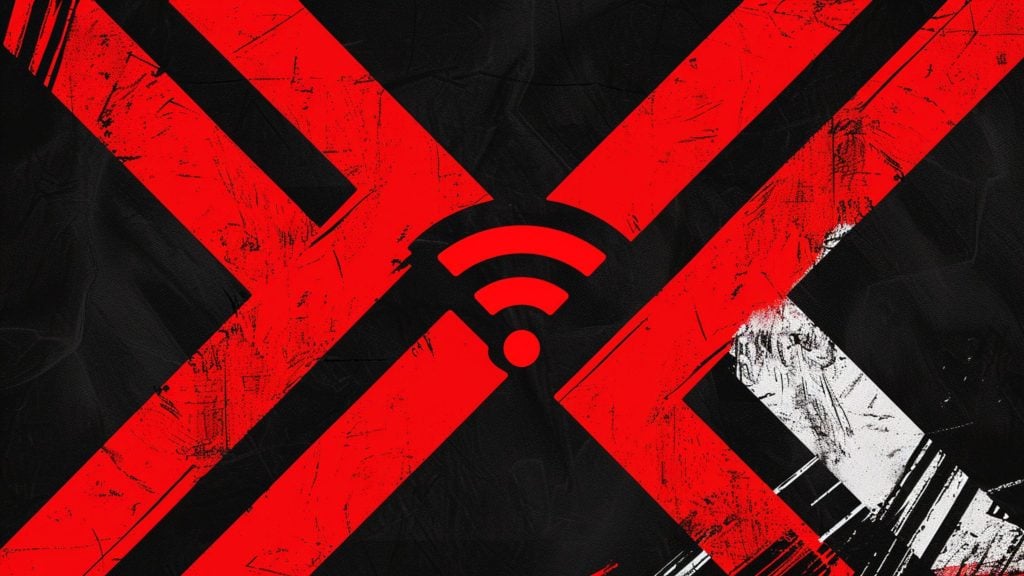Together with a few other tech and media corporations, Microsoft has formed a coalition focused on fighting “disinformation” and fake news. The other founding members of the coalition are Truepic, Intel, BBC, Adobe, and Arm.
Disinformation and fake news have become prevalent buzzwords to create a justification to censor in this digital age. It’s now very easy for people to formulate and spread falsehoods, according to the Coalition for Content Provenance and Authenticity.
“There’s a critical need to address widespread deception in online content — now supercharged by advances in AI and graphics and diffused rapidly via the internet. Our imperative as researchers and technologists is to create and refine technical and sociotechnical approaches to this grand challenge of our time. We’re excited about methods for certifying the origin and provenance of online content. It’s an honor to work alongside Adobe, BBC and other C2PA members to take this critical work to the next step,” Microsoft wrote in a blog post announcing the coalition.
According to Microsoft, the C2PA will “develop content provenance specifications for common asset types and formats to enable publishers, creators and consumers to trace the origin and evolution of a piece of media, including images, videos, audio and documents.”
Former Microsoft CEO Bill Gates has been a big supporter of modern moves to censor more on social media.
During an interview at the Wall Street Journal Summit in London, Gates complained that the suggestions for suppressing conspiracy theories and “misinformation” on Big Tech platforms are “less creative than we need at this point” and called for “smart solutions.”
When asked about the role of tech platforms when it comes to dealing with misinformation, Gates lamented what he described as a human “weakness” for “titillating things” such as claims that the coronavirus is man-made or “that there’s some conspiracy.”
Gates added that social media platforms allow this type of content to spread very quickly:
“That stuff spreads so much faster than the truth which is, you know, it comes from a bat, you know, we’re still trying to figure out the exact path of transmission.” Gates said. “You don’t forward that the same that way you would the conspiracy.”
Truepic, a web service that allows users to verify videos and images, has made big strides in content verification. C2PA will be built off Truepic’s technologies, including the hardware-secured photo capture technology.
“Truepic was founded on the principle that provenance-based media authenticity is the only viable, scalable long-term solution to restoring trust in what we see online. We firmly believe that ecosystem-wide adoption through an open standard is crucial to the long-term health of the internet. The C2PA will streamline the distribution of high-integrity digital content at scale, a vital step in restoring society’s shared sense of reality,” Truepic said in a statement.
The C2PA will develop technologies that can be adopted by all online platforms.













